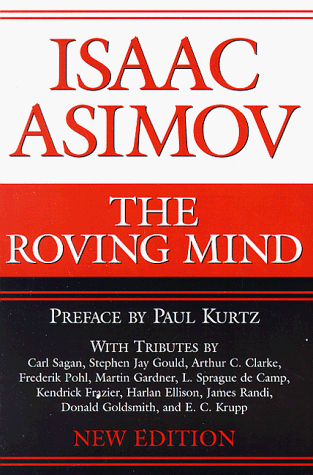Examples of Phonetic Spelling Failures in English
With spelling erratic, many English words become ideograms that must be learned as a whole, with its parts giving no clue or, worse yet, false clues. If you don't know in advance and just judge by the letters, can you know that "through," "coo," "do," "true," "knew," and "queue" all rhyme? If you don't know in advance and just judge by the letters, can you know that "gnaw," kneel," "mnemonic" and "note" all start with the same consonant sound?
Why can't we say "throo," "koo," "doo," "troo," "nyoo," and "kyoo"? Why can't we say "naw," "neel," "nemonik" and "note"?
It looks funny? Sure it does, because you've memorized the "correct" way--but millions are helped on the road to illiteracy because the "correct" way makes no sense.
The plural of "man" is "men." Why not "mans"? Because it's childish?
Exactly! To say "mans" is the first impulse of children when they learn plurals--the sensible impulse. But if "men" makes sense, why don't you ask for "two cen of soup"? Why do you ask for "cans"?
Notes:
Folksonomies: phonetics
Taxonomies:
/family and parenting/children (0.498975)
/art and entertainment/humor (0.451736)
/hobbies and interests/arts and crafts/photography (0.355990)
Keywords:
false clues (0.977046 (negative:-0.672955)), consonant sound (0.937134 (positive:0.359126)), English words (0.922022 (neutral:0.000000)), sensible impulse (0.892130 (positive:0.608510)), wide variety (0.844842 (positive:0.301367)), rhyme (0.689218 (neutral:0.000000)), mans (0.659541 (neutral:0.000000)), judge (0.659364 (neutral:0.000000)), spelling (0.654536 (positive:0.123273)), advance (0.637890 (neutral:0.000000)), note (0.630264 (neutral:0.000000)), letters (0.612891 (neutral:0.000000)), men (0.585346 (neutral:0.000000)), way (0.566265 (negative:-0.249996)), children (0.562207 (negative:-0.275278)), ideograms (0.557881 (neutral:0.000000)), coo (0.553902 (positive:0.349188)), neel (0.538640 (neutral:0.000000)), koo (0.534090 (neutral:0.000000)), queue (0.533340 (neutral:0.000000)), illiteracy (0.532376 (neutral:0.000000)), plurals (0.528370 (neutral:0.000000)), plural (0.524254 (neutral:0.000000)), cen (0.517532 (neutral:0.000000)), doo (0.517250 (neutral:0.000000)), parts (0.508134 (neutral:0.000000)), millions (0.507015 (neutral:0.000000)), soup (0.498779 (neutral:0.000000)), gnaw (0.498203 (negative:-0.303073)), kneel (0.498083 (neutral:0.000000))
Entities:
coo:JobTitle (0.878070 (positive:0.349188)), neel:Person (0.784338 (neutral:0.000000)), koo:Person (0.667531 (neutral:0.000000)), throo:Person (0.646915 (neutral:0.000000)), doo:Person (0.638264 (neutral:0.000000)), nyoo:Person (0.607550 (neutral:0.000000)), troo:Person (0.589169 (neutral:0.000000))
Concepts:
Spelling (0.919090): dbpedia | freebase | opencyc
Man (0.900952): dbpedia | freebase
Orthography (0.842802): dbpedia | freebase
Spell (0.778580): dbpedia






